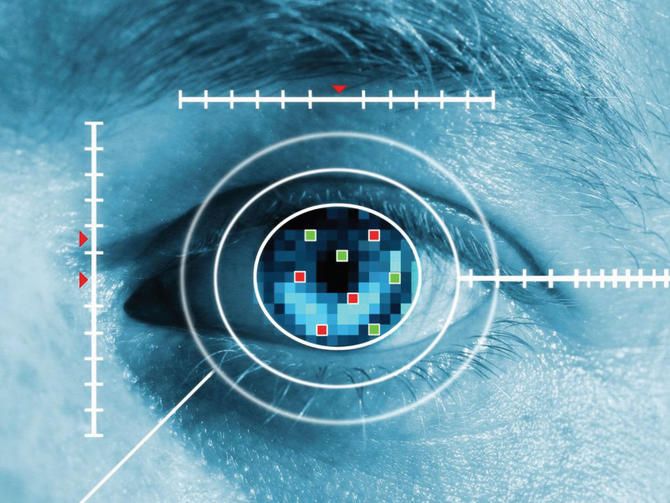Northrup Grumman’s new Cyber Situational Awareness (CSA), which is a set of web-based tools designed to visualize, understand, and share cyber databases being showcase at the WEST 2016 navel conference on February 17.
Northrop Grumman Corporation (NYSE: NOC) has announced that it will be showcasing key naval capabilities at the WEST 2016 navel conference on February 17, 2016. The corporation will unveil its full-spectrum cyber solutions, biometric defense solutions, unmanned aircraft and much more at the event. WEST 2016 is co-sponsored by AFCEA and the US Naval institute in San Diego. Northrop Grumman is a platinum sponsor of the conference, which is themed “how we make the strategy work.”
The defense contractor will be showcasing its sea serving operations and capabilities that will help the US armed forces combat challenges and difficulties more efficiently. It is also expected to display how it integrates cyber-technology into all of its defense segments. The key highlight of its cyber-suite is its Cyber Situational Awareness (CSA), which is a set of web-based tools designed to visualize, understand, and share cyber databases.
Northrop Grumman is committed to building resilience into its cyber solutions to protect and defend critical information of the armed forces. The cyber solution focuses on delivering complete end-to-end mission capabilities, including situational awareness, real-time mission analytics and damage assessment, and utmost integrated security. The defense contractor’s Blue WASP software tool will also be on display at the conference. The tool alerts navy boats of attacks against US navy vessels.
Read more









